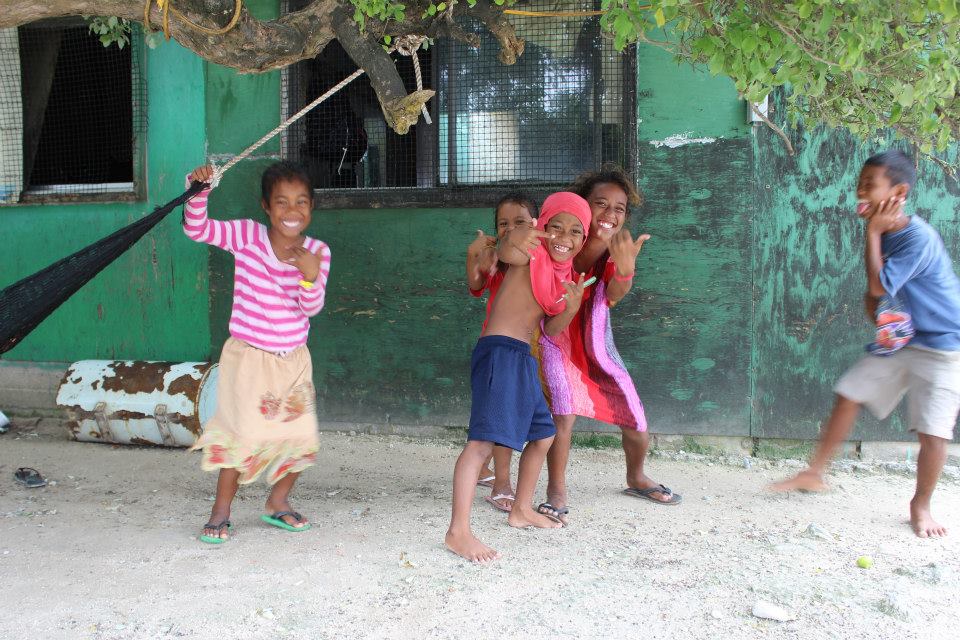Researchers estimate there are 10,000 Marshallese in Springdale, and the flow of immigration will only increase as the effects of global warming cause more flooding on the islands, which are on average 3 feet above sea level, UA researcher Donna Davis said.
Many Marshallese were evacuated from the islands while the U.S. tested Nuclear Bombs during World War II. The Marshallese were promised that they would be able to return to their homes after the testing, but haven’t been able to because of the fallout, Davis said.
The government granted the Marshallese resident status, which gives them the right to work in, live in and freely travel between the islands and the U.S., but they are not considered citizens, said JociAnna Chong-Gum, a UA Marshallese student.
Excluding Hawaii, Springdale is home to the largest Marshallese population in the United States, Davis said.
The first Marshallese that moved to Springdale found “a community with plenty of work for people who didn’t necessarily need to speak English well or have a high level of education,” Davis said.
“We are here for better healthcare, schooling, job opportunities,” Gum said.
Eventually, family ties brought a large population to northwest Arkansas.
Despite the large population, there are only three Marshallese students at the UofA, Davis said.
The Marshallese and American lifestyles differ greatly, and that makes it difficult to branch out and go to college, Gum said.
“It’s very different compared to the Marshallese culture,” Gum said. “I would say a little scary to some Marshallese who come here. It was for me.”
Gum hopes to become a doctor and return to the Marshall Islands and help with the healthcare system, she said.
People in northwest Arkansas are doing a good job accepting Marshallese culture, and any negative notions are brought on by a lack of understanding of cultural differences, Davis said.
“Simple things, like ‘why would you wear flip flops in the winter?’” Davis said.
“Our history is very rich and our culture is very rich, but not a lot of people know about it,” Gum said.
-Richard Pellegrino and Megan Bedenikovic


